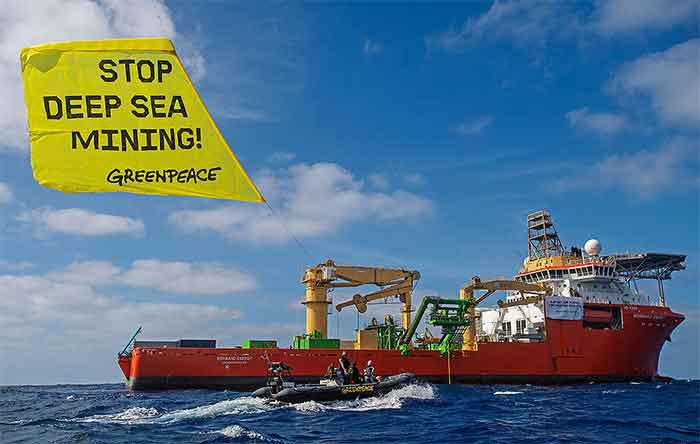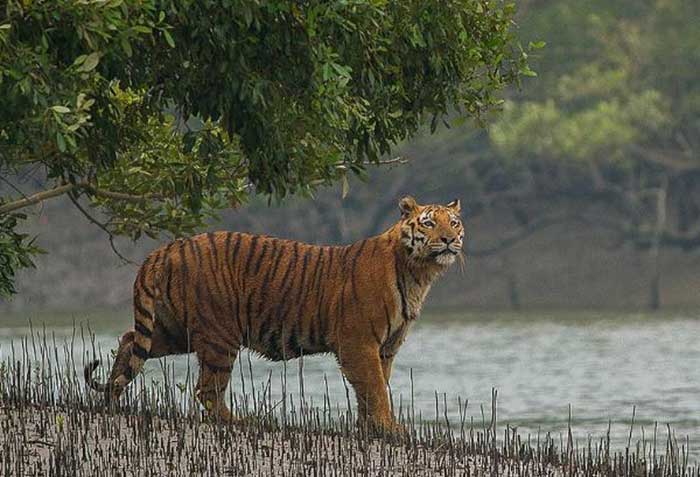Marine Expert Statement Calling for a Pause to Deep-Sea Mining . Signed by 530 marine science & policy experts from over 44 countries
The deep sea is home to a significant proportion of Earth’s biodiversity, with most species yet to be discovered. The richness and diversity of organisms in the deep sea supports ecosystem processes necessary for the Earth’s natural systems to function. The deep ocean also constitutes more than 90% of the biosphere, and plays a key role in climate regulation, fisheries production, and elemental cycling. It is an integral part of the culture and well-being of local communities and the seafloor forms part of the common heritage of humankind. However, deep-sea ecosystems are currently under stress from a number of anthropogenic stressors including climate change, bottom trawling and pollution. Deep-sea mining would add to these stressors, resulting in the loss of biodiversity and ecosystem functioning that would be irreversible on multi-generational timescales. Amongst the specific concerns over the impacts of deep-sea mining are:
- the direct loss of unique and ecologically important species and populations as a result of the degradation, destruction or elimination of seafloor habitat, many before they have been discovered and understood;
- the production of large, persistent sediment plumes that would affect seafloor and midwater species and ecosystems well beyond the actual mining sites;
- the interruption of important ecological processes connecting midwater and benthic ecosystems;
- the resuspension and release of sediment, metals and toxins into the water column, both from mining the seafloor and the discharge of mining wastewater from ships, detrimental to marine life including the potential for contamination of commercially important species of food fish such as tunas;
- noise pollution arising from industrial machine activity on the ocean floor and the transport of ore slurries in pipes to the sea surface, that could cause physiological and behavioral stress to marine mammals and other marine species;
- uncertain impacts on carbon sequestration dynamics and deep-ocean carbon storage.
There is a paucity of rigorous scientific information available concerning the biology, ecology and connectivity of deep-sea species and ecosystems, as well as the ecosystem services they provide. Without this information, the potential risks of deep-sea mining to deep-ocean biodiversity, ecosystems and functioning, as well as human well-being, cannot be fully understood. At the same time, a growing number of scientific reports (IPBES, IPCC, etc.) indicate that Earth’s biodiversity is increasingly at risk of extinction.
For the reasons outlined above, we strongly recommend that the transition to the exploitation of mineral resources be paused until sufficient and robust scientific information has been obtained to make informed decisions as to whether deep-sea mining can be authorized without significant damage to the marine environment and, if so, under what conditions. The United Nations Decade of Ocean Science for Sustainable Development (2021-2030) provides an opportune period in which to collect more information about the species and ecosystems that could be affected by deep-sea mining. As scientists, we deeply value evidence-based decision making, especially in instances as consequential as a global decision to open up an entirely new frontier of the ocean to large-scale industrial resource exploitation. The sheer importance of the ocean to our planet and people, and the risk of large-scale and permanent loss of biodiversity, ecosystems, and ecosystem functions, necessitates a pause of all efforts to begin mining of the deep sea, in line with the precautionary principle, and an acceleration of research so that we can gain a better understanding of what is at stake.

















































